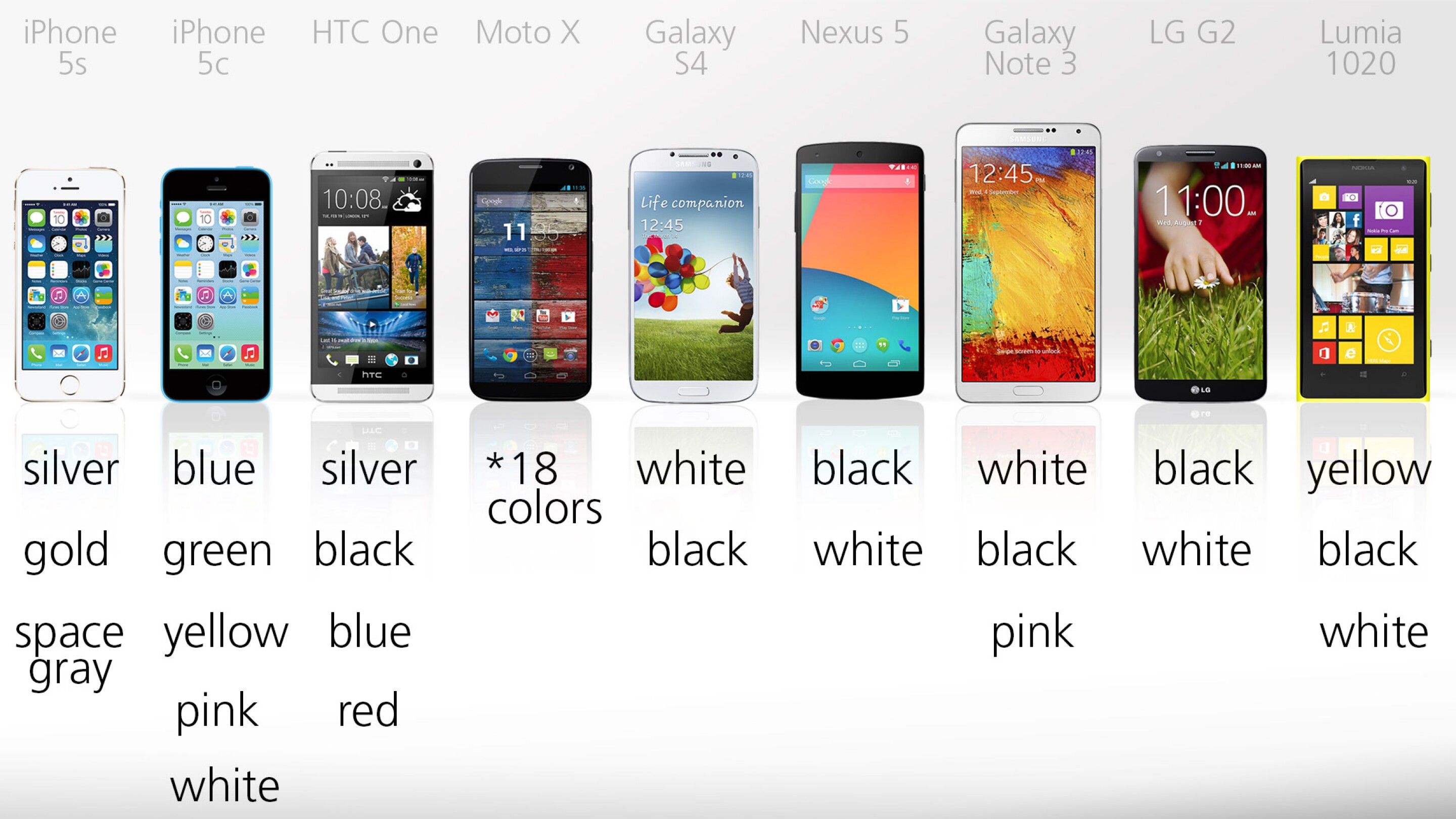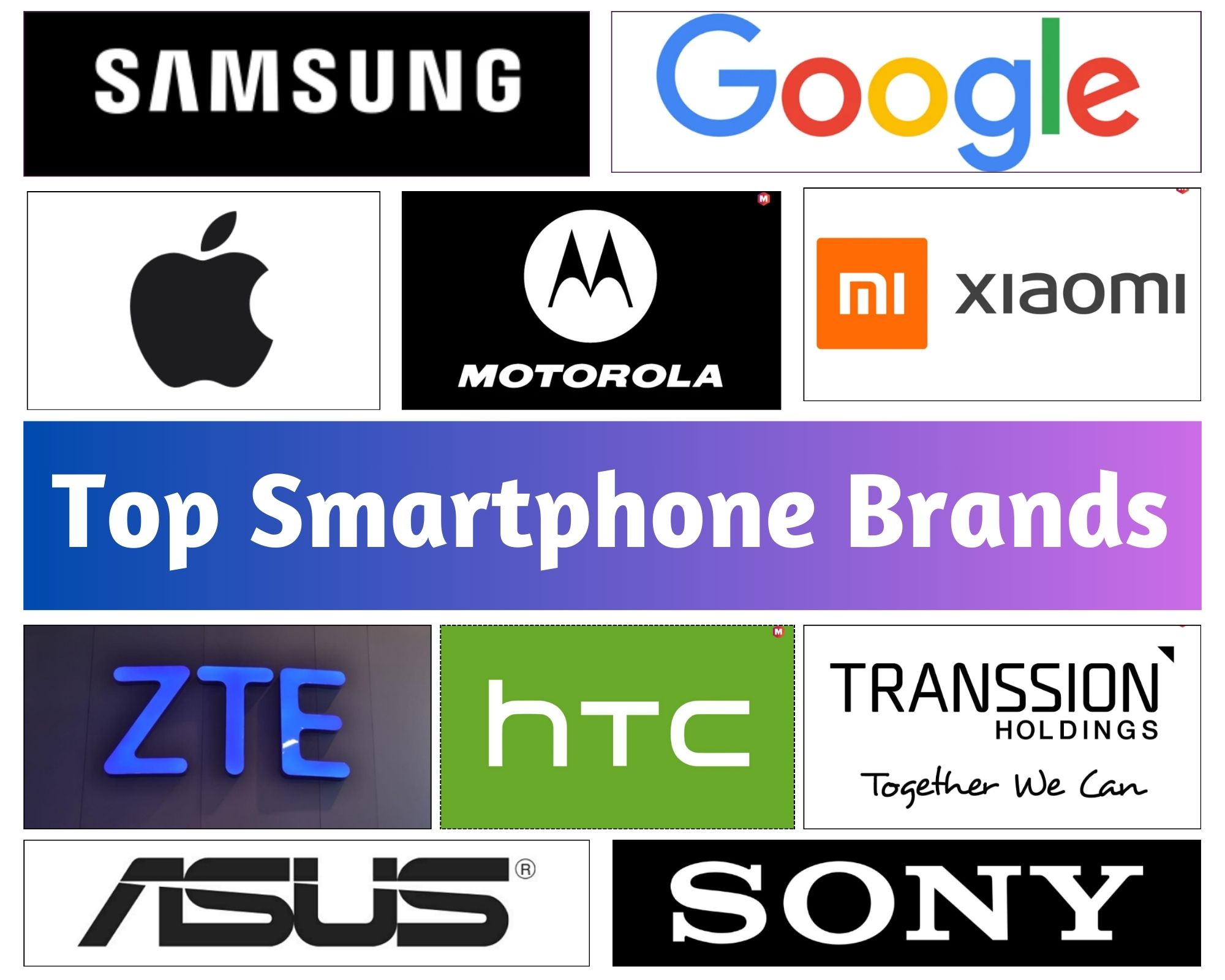Absolutely! Here’s a 3000-word article on smartphone names, exploring their evolution, strategies, and cultural impacts, incorporating `
` and `
` tags in place of “ elements.
Smartphones have become ubiquitous, and with them, a fascinating world of brand names has emerged. These names aren’t just arbitrary labels; they’re carefully crafted marketing tools, reflecting brand identity, target demographics, and technological advancements. This article explores the evolution of smartphone names, the strategies behind them, and their cultural impact.

In the nascent stages of the smartphone era, names were often straightforward and descriptive.
The Era of Numerical Designations
Nokia’s Legacy: Simple and Sequential
Early Nokia smartphones, like the Nokia 7650 or the Nokia N95, relied heavily on numerical designations. These numbers often indicated a device’s position within a product line or its technical specifications. This approach was practical, allowing consumers to easily differentiate models.
HTC’s Numeric Series: From Touch to Desire
HTC also employed numerical naming conventions, particularly in its early Touch series. However, as the brand evolved, it transitioned to more evocative names like “Desire,” signaling a shift towards emphasizing user experience and emotional appeal.
BlackBerry’s Bold and Curve: Defining Categories
BlackBerry, a pioneer in the smartphone market, used names like “Bold” and “Curve” to categorize its devices based on their design and target audience. These names conveyed a sense of professionalism and functionality, aligning with BlackBerry’s business-oriented image.

As the smartphone market matured, manufacturers began to prioritize brand building and emotional connection.
The Apple Revolution: Simplicity and Elegance
The “iPhone” Moniker: A Cultural Icon
Apple’s “iPhone” name is a masterclass in simplicity and elegance. It’s concise, memorable, and instantly recognizable. The numbered iterations (iPhone 3G, iPhone 4, etc.) further solidified the brand’s identity and created a sense of progression.
The “Pro” and “Max” Additions: Targeting Specific Audiences
With the introduction of “Pro” and “Max” suffixes, Apple segmented its product line, appealing to professional users and those seeking larger displays. These additions added a layer of sophistication and exclusivity.
Samsung’s Galaxy: A Universe of Devices
The “Galaxy” Brand: A Dominant Force

Samsung’s “Galaxy” brand has become synonymous with Android smartphones. The name evokes a sense of vastness and technological advancement, reflecting the brand’s ambition to offer a wide range of devices.
The “S,” “Note,” and “A” Series: Segmentation and Differentiation
Samsung’s use of letters like “S,” “Note,” and “A” to denote different series allows consumers to easily navigate its extensive product line. “S” represents flagship devices, “Note” focuses on productivity, and “A” targets mid-range users.
Google’s Pixel: Pure Android and AI Focus
The “Pixel” Name: Emphasizing Image Quality and Software
Google’s “Pixel” name highlights the brand’s focus on image quality and pure Android software. The name itself is modern and tech-forward, reflecting Google’s expertise in artificial intelligence and machine learning.
The “a” Series: Affordable Excellence
The “a” series, like the Pixel 4a and Pixel 5a, offers a more affordable entry point to the Pixel experience, maintaining key features while catering to budget-conscious consumers.
Smartphone manufacturers employ various strategies to create compelling names.
Emphasizing Innovation and Technology
“Ultra,” “Plus,” and “Edge”: Highlighting Advanced Features
Names like “Ultra,” “Plus,” and “Edge” are used to emphasize advanced features and cutting-edge technology. “Ultra” suggests top-tier performance, “Plus” indicates enhanced capabilities, and “Edge” highlights innovative display designs.
“5G” and “Fold”: Communicating Connectivity and Form Factor
The inclusion of “5G” in a smartphone’s name clearly communicates its connectivity capabilities, while names like “Fold” and “Flip” highlight unique form factors.
Targeting Specific Demographics
“Lite” and “Mini”: Appealing to Budget-Conscious and Compact Device Seekers
Names like “Lite” and “Mini” target specific demographics. “Lite” models offer a more affordable option, while “Mini” devices cater to those who prefer compact smartphones.
“Gaming” Series: Attracting Gamers
Dedicated gaming smartphones often feature names that evoke power, speed, and performance, appealing to the gaming community.
Cultural and Linguistic Considerations
Global Appeal and Brand Consistency
Smartphone manufacturers must consider cultural and linguistic factors when choosing names. A name that resonates in one region may have negative connotations in another. Ensuring brand consistency across different markets is also crucial.
The Power of Simplicity and Memorability
Simple and memorable names are easier for consumers to recall and share. Short, catchy names are often preferred over long, complex ones.
As technology continues to evolve, so will smartphone names.
The Rise of AI and Personalized Devices
AI-Driven Naming: Adapting to User Preferences
In the future, AI may play a role in generating personalized smartphone names based on user preferences and usage patterns.
The Metaverse and Beyond: Exploring New Naming Conventions
The emergence of the metaverse and other emerging technologies may lead to entirely new naming conventions, reflecting the evolving landscape of digital devices.
Sustainability and Ethical Considerations
Eco-Friendly Names: Reflecting Environmental Consciousness
As sustainability becomes increasingly important, smartphone manufacturers may adopt names that reflect their commitment to environmental responsibility.
Transparency and Ethical Sourcing: Building Trust
Names that convey transparency and ethical sourcing can help build trust with consumers who are increasingly concerned about the social and environmental impact of their purchases.
Smartphone names are more than just labels; they’re powerful marketing tools that shape brand perception and influence consumer choices. From the functional numerical designations of the early days to the evocative and brand-centric names of today, the evolution of smartphone names reflects the changing landscape of technology and consumer culture. As we move towards a future of AI-driven personalization and sustainable practices, smartphone names will continue to evolve, reflecting the ever-changing needs and aspirations of consumers around the world. The art and science of smartphone naming is a continuous process of adaptation, innovation, and cultural sensitivity.



